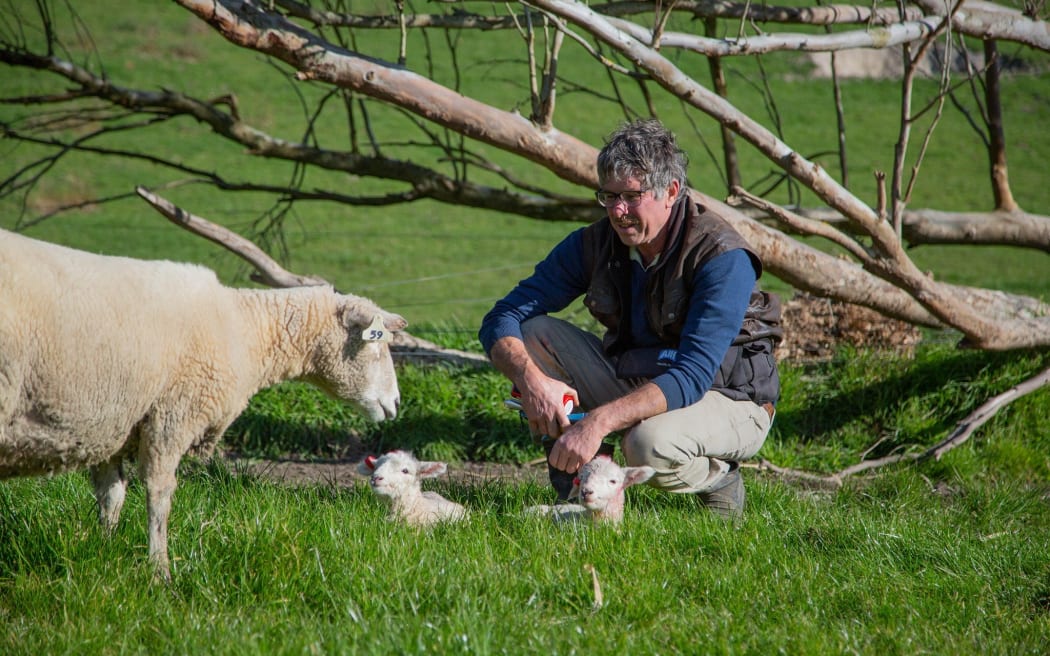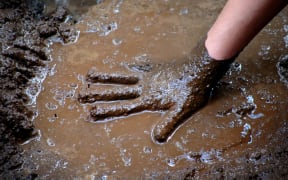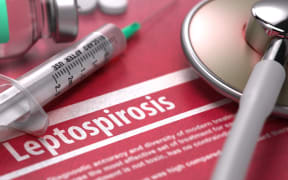
Farmer Steve Wyn-Harris contracted leptospirosis during lambing and says farmers need to take the disease seriously. Photo: Supplied
Hawke's Bay farmers are being reminded to cover cuts and grazes and to wash their hands after an increase in leptospirosis cases.
About 35 people have confirmed to have had the notifiable disease in the region this year.
National Public health service registar Dr Matt Radford said that was more than double the number of the cases the country had for all of 2022.
Leptospirosis can affect almost all mammals, and is one of the most common diseases transmitted from animals to humans in New Zealand.
Primary hosts shed infectious bacteria via their urine which is why it can be more common amongst farmers.
Radford said there were 15 recorded cases in Hawke's Bay in 2022, five cases in 2021, and seven cases in 2020.
"Summer is usually very dry in Hawke's Bay and as the leptospirosis bacteria survives longer in wet soil, wider leptospirosis outbreaks tend to be more common after heavy rain and flooding.
"We saw higher number of leptospirosis cases through January, February and March which was likely due to the wet summer and the increased risk from flood waters during Cyclone Gabrielle."
Radford said most cases have been farmers or other people in contact with livestock.
"It's commonly picked up when people come into contact with the urine of infected animals or contaminated soil which can get into any uncovered cuts or grazes, or into the eyes, nose, or mouth. Rats and possums can also spread the disease.
"As always, prevention is key, when working on the farm or around flood water make sure to cover any cuts and grazes and wash your hands well with soapy water before eating or drinking. It also pays to wear long pants and sleeves to protect your skin and use gloves when appropriate."
Well-known farmer Steve Wyn-Harris was one of the 35 to have the disease in Hawke's Bay this year.
It left him feeling absolutely flattened: "I felt like I'd been run over by a herd of cattle".
Wyn-Harris is a sheep and beef farmer and believed he contracted leptospirosis during lambing.
"I first thought it was a virus but then I remembered a mate telling me about his lepto symptoms. I had incredible fatigue, headaches, aches, sweating and was shivering. It knocked the hell out of me and put me on my back for a good week."
Wyn-Harris visited his GP promptly and was given antibiotics; a blood test subsequently confirmed it was leptospirosis.
"Farmers need to take it seriously, I regret not having used disposable gloves or carrying disinfectant to use after handling sheep and dead lambs. It's a disease to give some respect to."



